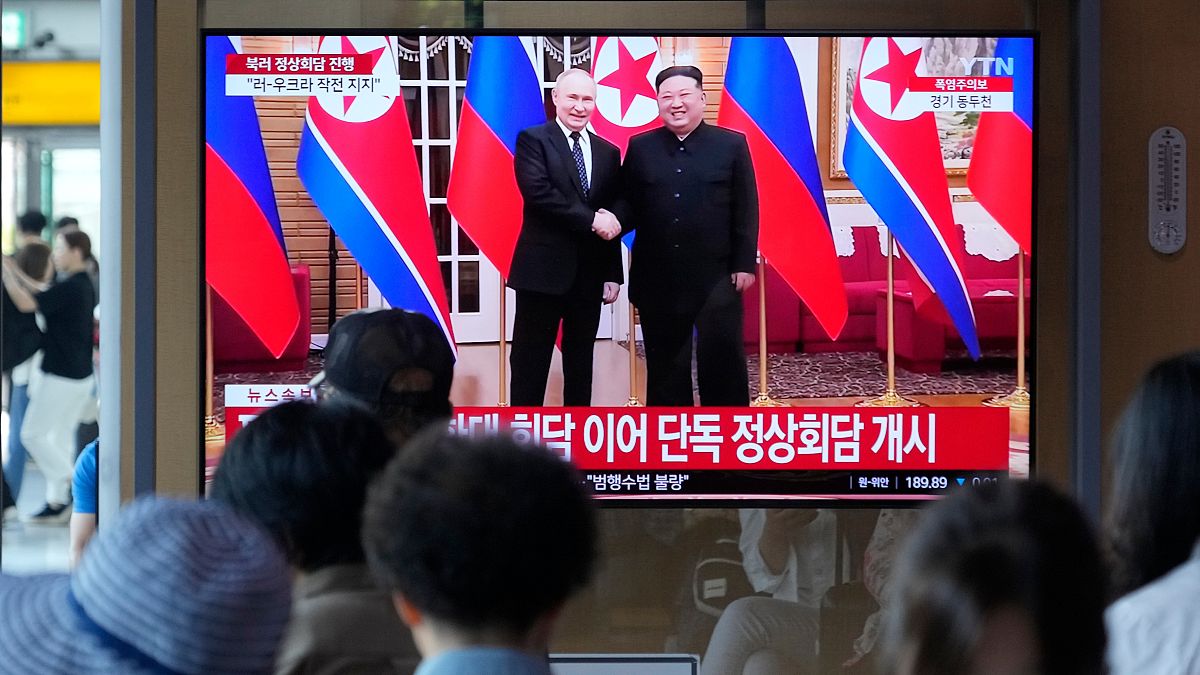Seoul has raised concerns over Russia’s newly announced defense pact with North Korea, leading to tensions and uncertainty in the region. South Korea summoned the Russian ambassador to protest the deal, urging Moscow to cancel any military cooperation with Pyongyang. This protest came after North Korean threats and incursions into South Korean territory, including the firing of warning shots. In response to the growing alliance between Russia and North Korea, South Korea is considering providing weapons to Ukraine to combat Russia’s invasion.
As Russia and North Korea draw closer, China is notably distancing itself from the situation. Chinese leaders may be worried about losing influence over North Korea due to the new pact. Despite this, China has not made any official statements regarding the deal and continues to emphasize its commitment to peace in the region. Experts suggest that Beijing’s tepid response may indicate a lack of clarity on how to address the situation.
The recent meeting between Putin and Kim represents a complex and evolving dynamic in East Asia. Over the years, the Chinese Communist Party has emerged as a dominant power in the region, exerting influence over both North Korea and Russia. The alliance between Russia and North Korea marks a shift in the geopolitical landscape, prompting concerns and considerations among neighboring countries.
The tensions in the region have escalated with North Korea’s threats and military actions, prompting South Korea to take a stand against the new alliance. The uncertainty surrounding China’s response adds to the complexity of the situation, as Beijing navigates its own interests in the region. As the situation continues to develop, it remains unclear how the various parties involved will proceed and what impact this new alliance will have on the political dynamics of East Asia.
Overall, the protest by South Korea against the Russia-North Korea defense pact highlights the growing tensions and uncertainties in the region. The potential impact on China’s influence over North Korea adds another layer to the complex geopolitical landscape of East Asia. As the situation evolves, it will be crucial for all parties involved to carefully consider their next steps and the potential consequences of the emerging alliance between Russia and North Korea.











